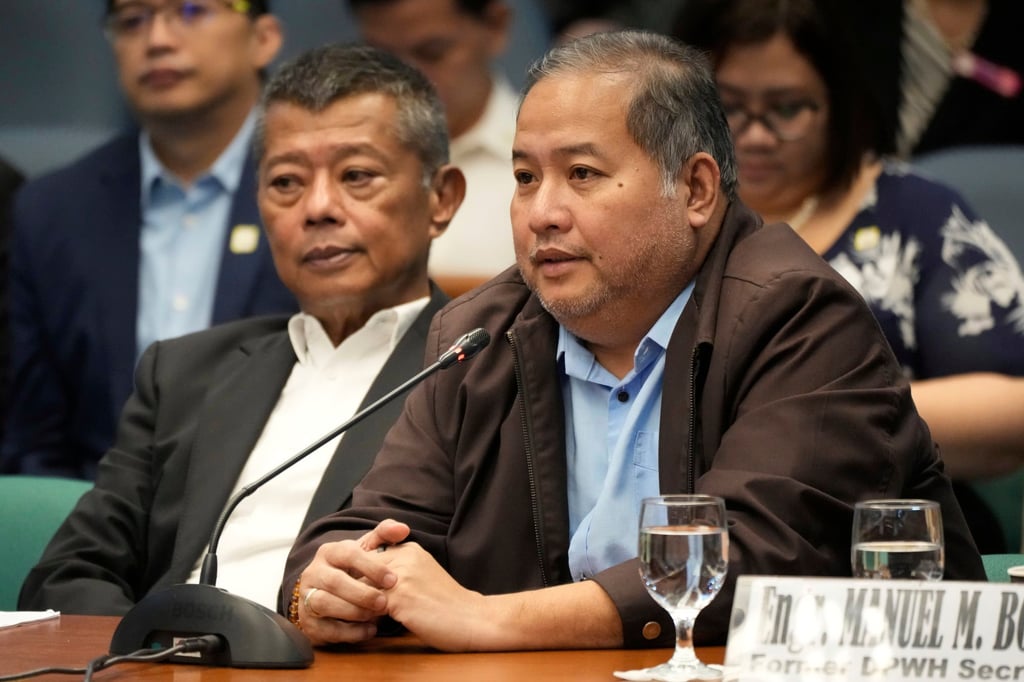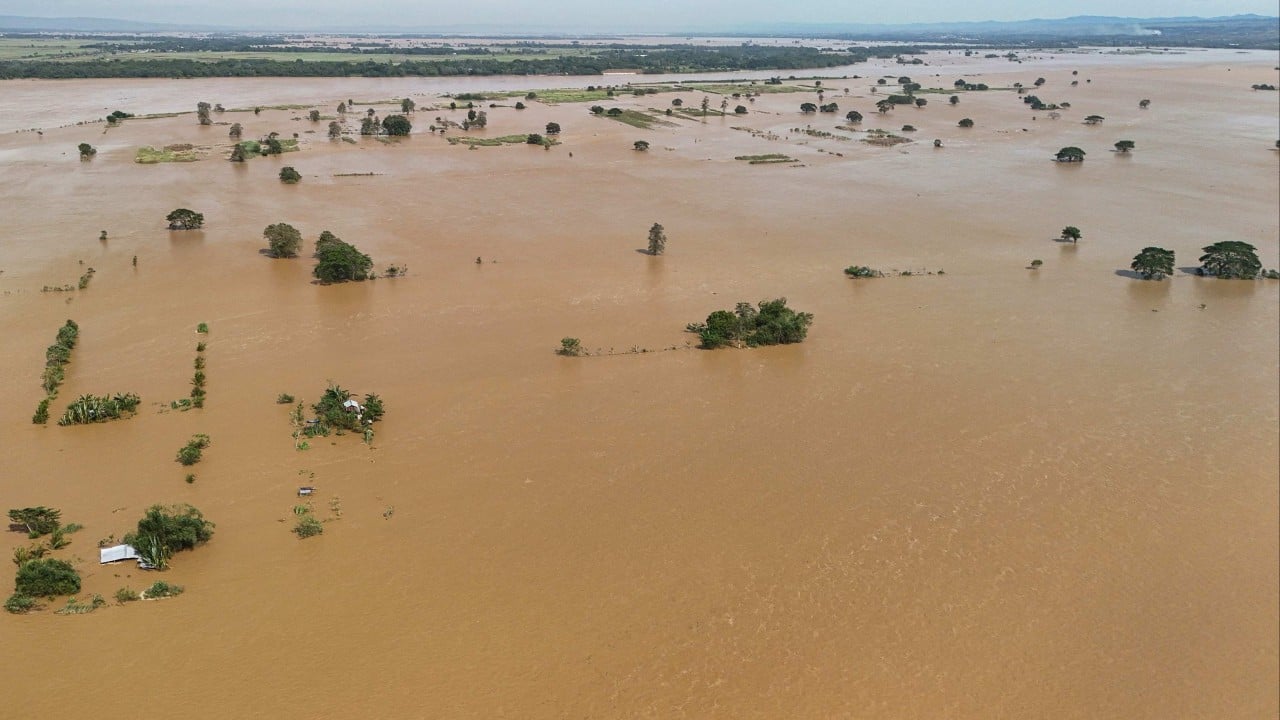A new Philippine commission tasked with investigating alleged corruption in thousands of public flood control projects has begun issuing its first findings, but analysts warn the body was designed with too little power and independence to deliver real accountability.
Advertisement
Created by President Ferdinand Marcos Jnr in response to mounting public anger over so-called ghost projects – flood control works that were paid for but either poorly built or did not exist at all – the Independent Commission for Infrastructure (ICI) was meant to confront a decade of suspected collusion between contractors and officials.
Analysts believe, however, that its limited coercive powers and ad hoc set-up could restrict its ability to compel testimony, secure evidence or enforce penalties, raising doubts over whether it can meaningfully address systemic corruption in one of the country’s largest public spending programmes.

On Wednesday, the ICI identified 80 anomalous flood control projects that it would prioritise out of the 421 it has been investigating. These were tied to the top 15 contractors that Marcos named in August as having cornered a large share of 100 billion pesos (US$1.7 billion) in flood control contracts.
Some 545 billion pesos were spent on flood control works since 2022, amounting to nearly 10,000 such projects to date, an initial investigation ordered by Marcos found – yet many of them were revealed to be substandard or non-existent.
The ICI has also recommended charges against officials of the Department of Public Works and Highways (DPWH) over a 74-million-peso riverbank structure protection project in the town of Hagonoy in Bulacan province, some 50km north of Manila.
Advertisement
The commission on Thursday submitted its interim report to the Office of the Ombudsman, the Philippines’ anti-corruption court, with recommendations to file charges on graft, malversation and falsification against a number of individuals.

